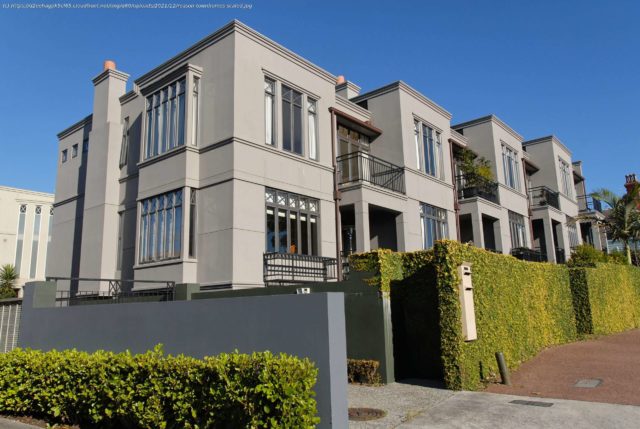Jurisdictions around the world are trying to address high housing costs by eliminating regulations on new housing construction.
Zoning reform had a great year in 2021, with cities, states, and even an entire country passing laws that peel back restrictions on new housing construction. That should come as welcome news to the inhabitants of costly major metros who are once again experiencing the pain of rising rents after a brief, sharp decline in 2020. The previous year’s decline in big city rents has been chalked up to an exodus of urban workers who left behind a glut of empty apartments. As demand for city living returns, so too have ever-rising housing costs. The hope of supply-side zoning reformers is that the laws they passed this year can replicate 2020’s falling prices without the need for a demand-suppressing deadly pandemic. By legalizing more housing where people want to live, the thinking goes, we can grow supply to accommodate all that returning demand for urban living. To that end, the California legislature passed two headline-grabbing bills that allow for more housing statewide and make it easier for local policy makers to legalize even more homes if they wish to. The first, S.B.9, allows duplexes on almost all residential land in the state and makes it easier for homeowners to divvy up their own land into two parcels. Those reforms allow up to four units of housing where, in many cases, only one is allowed today. The University of California, Berkeley’s Terner Center describes S.B.9 as a «modest, incremental improvement» and projects it will lead to the creation of about 700,000 homes—most of those in Silicon Valley communities where high residential land prices, low-density zoning, and plentiful jobs make lot-splits and duplexes viable. Much of the criticism of S.B.9 is that it—like other, even more ambitious bills authored by state Sen. Scott Wiener (D–San Francisco)—usurps the powers of local governments which are in a better position to make housing decisions for their communities. Perhaps to placate those critics, Wiener authored another successful bill this year, S.B.10, that removes state-level restrictions on localities reforming their own zoning codes to allow for more housing. Typically, when a local government rewrites its zoning code, state law requires that the government first performs environmental studies that examine the changes the zoning code will have on everything from traffic and air quality, to local animal species and cultural resources.






